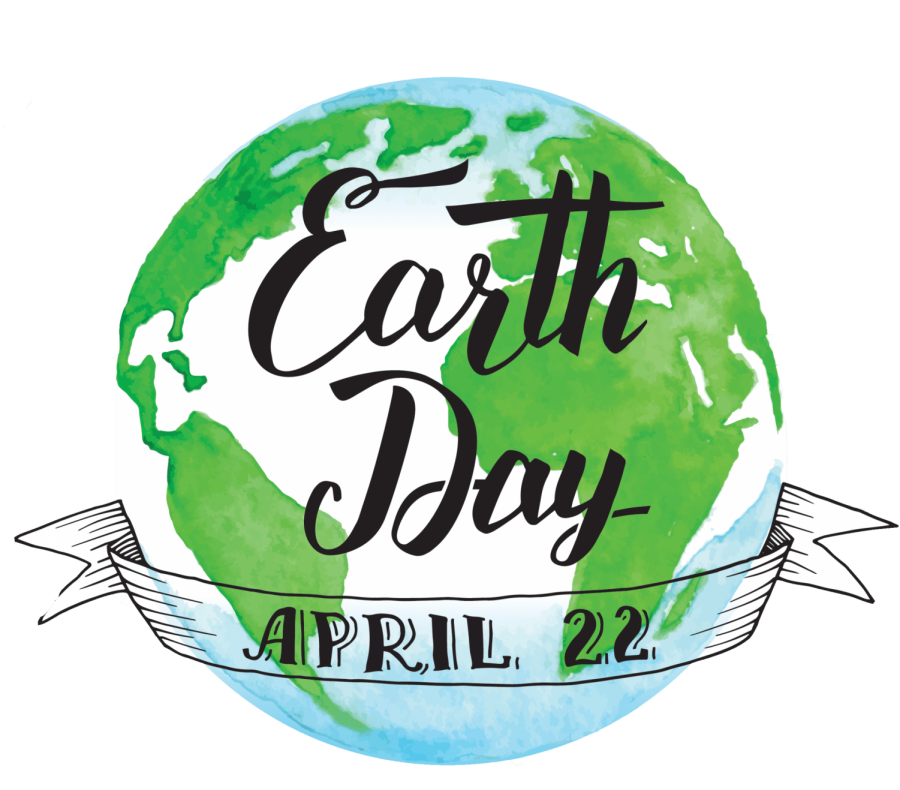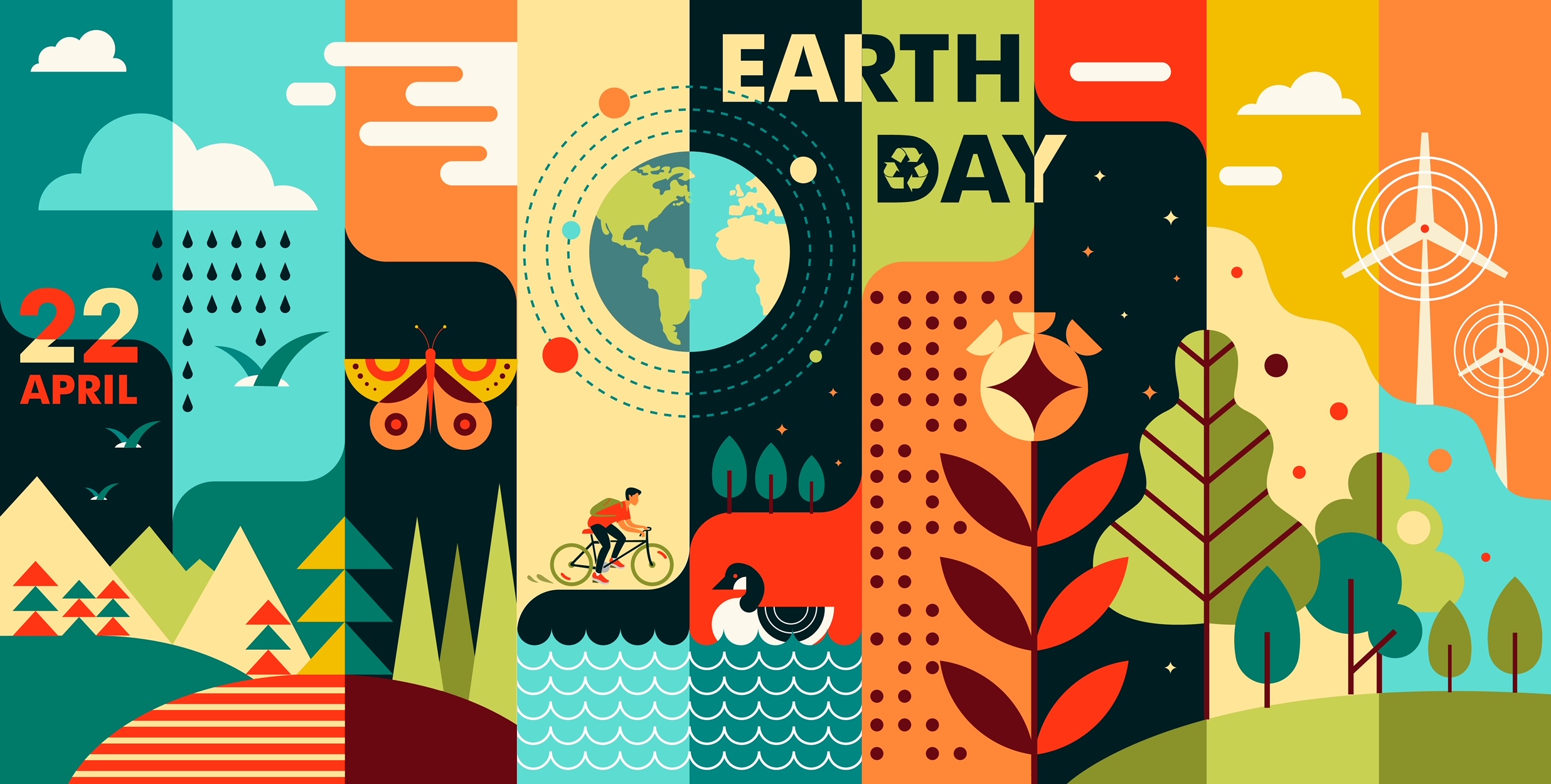Earth Day 2024: A Celebration of National Parks, Our Planet’s Guardians
Earth Day 2024: A Celebration of National Parks, Our Planet’s Guardians

Earth Day, celebrated annually on April 22nd, is a time to reflect on our planet’s beauty and fragility. It’s a chance to appreciate the natural wonders that surround us and to commit to protecting them for future generations. And what better way to celebrate than by exploring the incredible network of national parks that dot our globe?
These protected areas, with their diverse ecosystems and breathtaking landscapes, are not just havens for wildlife, but also living testaments to the power and resilience of nature. They offer a glimpse into Earth’s past, a chance to escape the hustle and bustle of daily life, and a reminder of our responsibility to be stewards of our planet.
Related Articles: Earth Day 2024: A Celebration of National Parks, Our Planet’s Guardians
- Escape The Everyday: Your Guide To The National Parks Canada Day Pass
- Texas State Parks Salute Our Veterans: A Day Of Gratitude And Recreation
- Should We Fence Off Paradise? Why Protecting National Parks Is A No-Brainer
- Behind The Scenes: A Peek Into The Heart Of [State] State Parks
- Escape The Black Friday Madness: South Carolina State Parks Offer A Breath Of Fresh Air
This Earth Day, let’s dive deeper into the world of national parks and discover how they’re vital to our planet’s well-being and our own.
Why Are National Parks So Important?
National parks are more than just scenic playgrounds. They play a crucial role in maintaining biodiversity, regulating climate, and providing clean air and water.
-
Biodiversity Hotspots: National parks are often havens for endangered species and unique ecosystems. They provide vital habitat for countless plants and animals, many of which are found nowhere else on Earth. Imagine a world without the majestic elephants of Tsavo National Park in Kenya or the awe-inspiring giant sequoia trees of Sequoia National Park in California. It’s a stark reminder of the importance of protecting these natural wonders.

Climate Regulators: Forests, wetlands, and other ecosystems found within national parks act as giant carbon sinks, absorbing carbon dioxide from the atmosphere and mitigating climate change. Think of them as the planet’s natural air purifiers, playing a crucial role in keeping our climate stable.
-
Water Towers: National parks are often located in watersheds, serving as vital sources of clean water for downstream communities. Imagine life without the crystal-clear waters of Yellowstone National Park or the majestic waterfalls of Yosemite National Park. Protecting these areas ensures the health of our water resources for generations to come.

Celebrating National Parks on Earth Day 2024
Earth Day 2024 presents a unique opportunity to celebrate the vital role national parks play in safeguarding our planet. Here are some ways you can participate:

Visit a National Park: There’s no better way to experience the beauty and importance of national parks than by visiting one yourself. Take a hike, go camping, or simply enjoy the stunning scenery. You’ll be amazed by the diversity of life and the sheer power of nature.
-
Support Park Conservation: Many organizations work tirelessly to protect national parks. Donate your time or money to support their efforts. Even small contributions can make a big difference.
-
Spread the Word: Talk to your friends and family about the importance of national parks. Encourage them to visit, learn about their conservation efforts, and support their protection. The more people who understand the value of these areas, the better chance they have of surviving for future generations.
-
Participate in Earth Day Events: Many national parks host special events on Earth Day, such as guided hikes, ranger talks, and volunteer opportunities. These events offer a chance to learn more about the park and its conservation efforts.
-
Make Sustainable Choices: Our everyday choices can impact the health of national parks. Reduce your carbon footprint, use less water, and dispose of waste responsibly. These small actions can collectively make a big difference in preserving these precious ecosystems.
Beyond the Gates: The Impact of National Parks on Local Communities
National parks aren’t just isolated islands of wilderness. They are also economic engines, supporting local communities through tourism, job creation, and conservation efforts.
-
Tourism Boost: National parks attract millions of visitors each year, generating revenue for local businesses, hotels, restaurants, and tour operators. This influx of tourists can revitalize local economies and create jobs.
-
Conservation Jobs: Protecting national parks requires a dedicated workforce of rangers, scientists, and other professionals. These jobs provide income and support for local communities.
-
Conservation Partnerships: National parks often work closely with local communities to protect surrounding ecosystems. This collaboration can lead to sustainable development practices that benefit both the park and the community.
National Parks: A Global Legacy
National parks are a global phenomenon, with over 14,000 protected areas around the world. Each park holds unique stories, from the lush rainforests of Amazonia to the icy landscapes of Antarctica.
-
International Cooperation: The protection of national parks often requires international cooperation. Many parks straddle borders, requiring collaboration between governments and conservation organizations.
-
Sharing Best Practices: National parks around the world share best practices for conservation, management, and visitor experiences. This exchange of knowledge helps to ensure the long-term health and sustainability of these protected areas.
Looking Ahead: The Future of National Parks
The future of national parks is inextricably linked to the health of our planet. As climate change continues to impact ecosystems and human communities, the need to protect these areas becomes even more urgent.
-
Climate Change Mitigation: National parks play a vital role in mitigating climate change by sequestering carbon and protecting biodiversity. Investing in conservation efforts and promoting sustainable practices within and around these areas is crucial.
-
Addressing Human-Wildlife Conflict: As human populations grow and encroach on wildlife habitats, managing human-wildlife conflict becomes increasingly important. National parks need to find innovative ways to protect both wildlife and human communities.
-
Engaging Future Generations: Inspiring the next generation of conservationists is essential for the long-term health of national parks. Educating young people about the importance of these areas and providing opportunities for them to connect with nature is crucial.
Earth Day 2024: A Call to Action
This Earth Day, let’s commit to celebrating and protecting our national parks. These areas are not just beautiful landscapes; they are vital for our planet’s health and our own well-being. By supporting conservation efforts, visiting these parks, and making sustainable choices, we can ensure that they continue to thrive for generations to come.
FAQ: Earth Day 2024 and National Parks
Q: What are some of the best national parks to visit on Earth Day 2024?
A: There are countless amazing national parks around the world, but here are a few suggestions:
- Yellowstone National Park (USA): Known for its geysers, hot springs, and diverse wildlife.
- Yosemite National Park (USA): Home to towering granite cliffs, giant sequoia trees, and stunning waterfalls.
- Serengeti National Park (Tanzania): Famous for its annual wildebeest migration and abundant wildlife.
- Amazon Rainforest (South America): A vast and biodiverse ecosystem teeming with life.
- Great Barrier Reef (Australia): The world’s largest coral reef system, a vibrant underwater paradise.
Q: How can I support national park conservation on Earth Day 2024?
A: There are many ways to support national park conservation:
- Donate to organizations like the National Park Foundation or World Wildlife Fund.
- Volunteer your time at a local park or conservation group.
- Purchase merchandise from park stores, which often supports conservation efforts.
- Spread the word about the importance of national parks to your friends and family.
Q: What are some sustainable practices I can adopt to protect national parks?
A: Here are some simple but impactful actions:
- Reduce your carbon footprint by using public transportation, walking, or biking.
- Conserve water by taking shorter showers and fixing leaks.
- Dispose of waste responsibly and pack out everything you pack in.
- Choose eco-friendly products and support businesses that prioritize sustainability.
Q: How can I get involved in Earth Day events at national parks?
A: Check the website of your local national park or the National Park Service website for information on Earth Day events. Many parks offer guided hikes, ranger talks, and volunteer opportunities.
Q: What is the future of national parks in a changing world?
A: The future of national parks depends on our collective commitment to protecting them. By addressing climate change, mitigating human-wildlife conflict, and engaging future generations, we can ensure that these precious areas continue to thrive for generations to come.
Earth Day 2024 is more than just a day of celebration; it’s a call to action. Let’s join hands to protect our national parks and ensure a healthy and sustainable future for our planet.
Closure
Thus, we hope this article has provided valuable insights into Earth Day 2024: A Celebration of National Parks, Our Planet’s Guardians. We hope you find this article informative and beneficial. See you in our next article!
:max_bytes(150000):strip_icc()/GettyImages-927277030-2000-d99070bc3daf43adb168aec5f9d65be3.jpg?w=200&resize=200,135&ssl=1)
